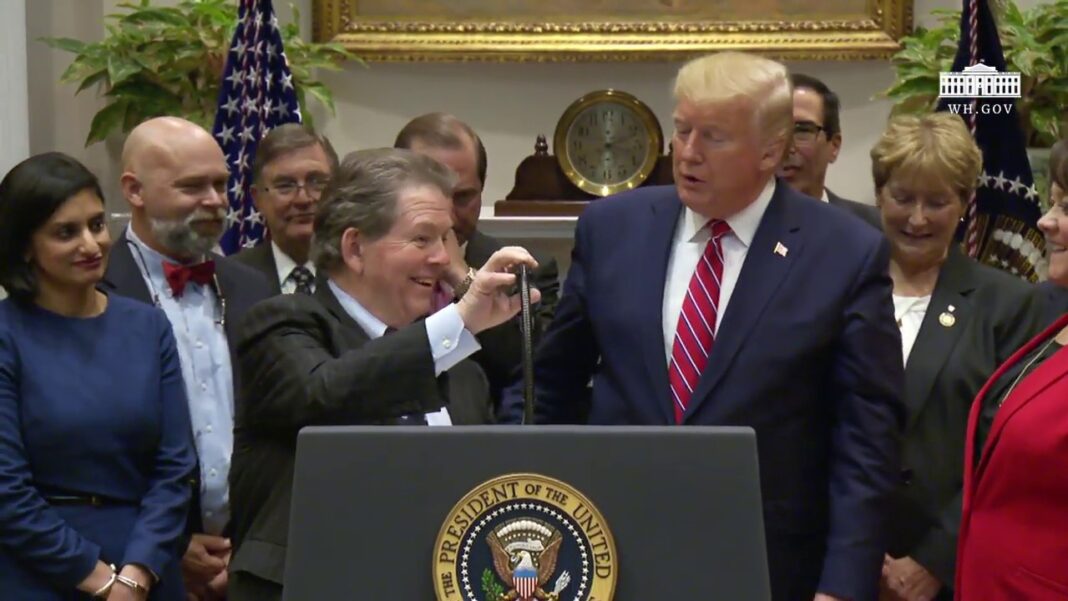Routh has pleaded not guilty to multiple charges, including attempting to assassinate a major presidential candidate and assaulting a federal officer.
Ryan Routh, the man accused of trying to assassinate President Donald Trump last year at his South Florida golf course, is set to go on trial in federal court on Sept. 8.
In September 2024, Routh, 59, allegedly entered the grounds of Trump International Golf Club in West Palm Beach, Florida, armed with a semiautomatic rifle. Prosecutors allege that Routh pointed the rifle barrel at a U.S. Secret Service agent while targeting Trump, who was then the Republican presidential candidate.
Routh has pleaded not guilty to multiple charges, including attempting to assassinate a major presidential candidate, assaulting a federal officer, and multiple firearm violations.
Here’s what to know about the trial of the suspect in the second Trump assassination attempt, set to begin on Sept. 8.
Routh Will Represent Himself
U.S. District Judge Aileen Cannon, the same judge who presided over and tossed out Trump’s classified documents case last year, is also handling Routh’s case in Fort Pierce, Florida.
Cannon approved Routh’s request to represent himself at trial during a hearing in July.
Routh requested to represent himself at trial in a June 29 letter to Cannon, claiming that he and his lawyers are “a million miles apart” and that they refused to answer his questions. He also floated the idea of being used in a prisoner exchange with Iran, China, North Korea, or Russia.
“I could die being of some use and save all this court mess, but no one acts; perhaps you have the power to trade me away,” Routh wrote.
The suspect’s defense counsel, including attorney Kristy Militello, filed a motion on July 23 to terminate representation, saying her “attorney-client relationship” with Routh was “irreconcilably broken.”
Cannon told the defense attorneys that they must remain as standby counsel.
Routh Given Clear Instructions on Court Conduct
During a hearing on Sept. 2, Cannon told Routh that he cannot make any sudden movements while representing himself at trial. While he will be allowed to use a podium while questioning witnesses or speaking to the jury, he will not have free rein in the courtroom, Cannon said.
“If you make any sudden movements, marshals will take decisive and quick action to respond,” Cannon said.
The judge also said that Routh will be dressed in professional business attire for the duration of the trial.
By Jacob Burg







